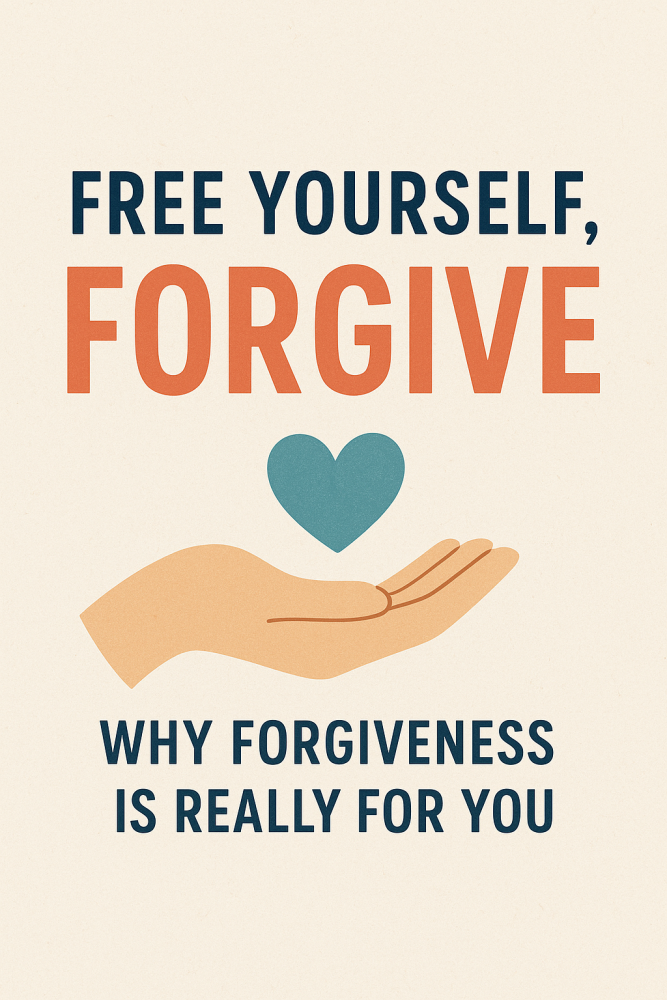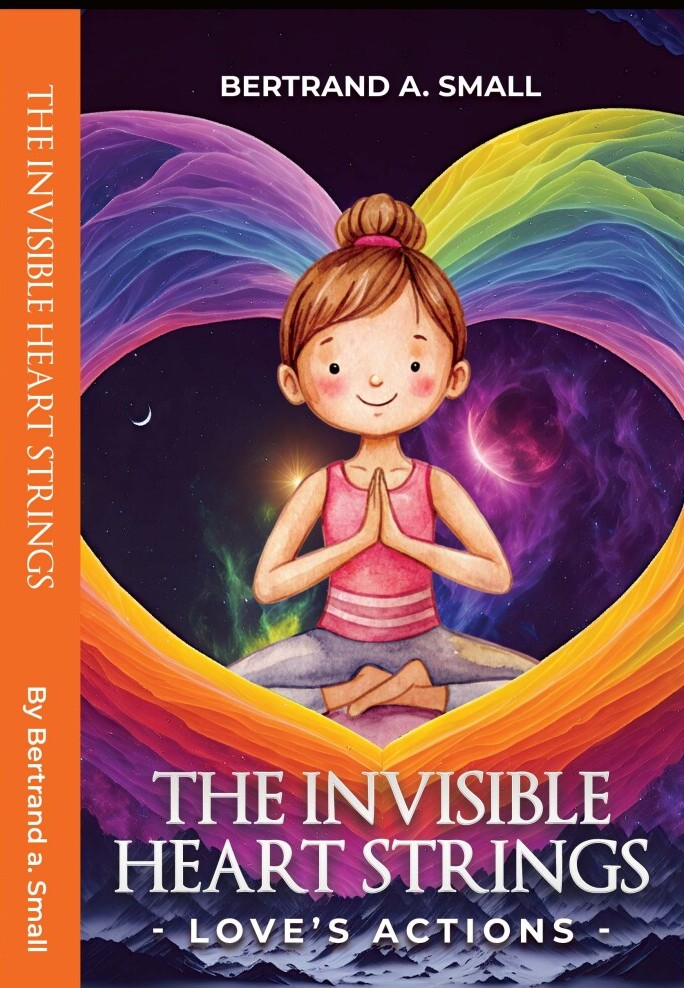Last Updated 11/12/2025
Introduction: Forgive for Yourself, Not for Others
Many people ask, “Why should I forgive someone who hurt me?” The truth is that forgiveness for yourself is about your own emotional freedom, not about excusing harmful actions or letting someone off the hook. When you choose to free yourself through forgiveness, you release anger, resentment, or bitterness that keeps you tied to the past.
By practicing forgiveness for yourself, you reclaim your inner peace, create space for growth, and strengthen your emotional resilience. Forgiving isn’t for them—it’s a gift you give to yourself.
Forgiveness is for You, Not Them
One of the biggest misconceptions is that forgiveness is a gift to someone else. Holding onto resentment is like carrying a heavy stone every day. The other person may never know or care, but you remain stuck.
What forgiveness is not:
-
Forgiveness doesn’t mean forgetting.
-
Forgiveness doesn’t mean accepting toxic behavior.
-
Forgiveness doesn’t require reconciliation.
It simply means you are no longer controlled by the pain someone else caused.
Healing Benefits of Forgiveness
Practicing forgiveness can improve both emotional and physical well-being. Studies show that forgiveness:

-
Lowers stress and anxiety
-
Improves heart health
-
Enhances sleep quality
-
Increases emotional resilience
-
Strengthens relationships with othersAccording to th Greater Good Science Center, forgiveness is linked to greater happiness, better mental health, and stronger social connections.
Forgiveness and Self-Love: Two Sides of the Same Coin
Forgiveness isn’t just about letting go of the past—it’s an essential act of self-love. True self-love means setting boundaries, speaking kindly to yourself, and caring for your body and spirit.
How forgiveness supports self-love:
-
Releases emotional pain and protects your inner peace
-
Helps you reclaim control over your life
-
Creates space for joy, personal growth, and healthier relationships
For more on self-love practices, check out:
Self-Love Is: A Fundamental Aspect Of A Healthy And Fulfilling Life
Practical Steps to Forgive Someone Who Doesn’t Apologize
Forgiveness doesn’t depend on an apology. You forgive because you deserve peace, not because they deserve it.
Steps to move forward:
-
Acknowledge the hurt: Accept your emotions without judgment.
-
Release expectations: Stop waiting for an apology that may never come.
-
Focus on growth: Channel energy into self-love and positive habits.
-
Practice mindfulness: Meditation, journaling, or grounding can ease emotional release.
-
Seek support: Therapy, support groups, or trusted friends can guide you.
Key Takeaways
-
Forgiveness frees you from the burden of resentment.
-
It enhances self-love and empowers personal growth.
-
Healing benefits include improved relationships, mental clarity, and resilience.
-
You can forgive without forgetting, excusing, or reconciling.
-
Choosing forgiveness is an act of intentional self-care.
Conclusion & Call-to-Action
When you forgive, you don’t just free someone else—you free yourself. You reclaim your emotional space, restore inner balance, and open doors to new beginnings.
Ready to start your journey to emotional freedom?
Begin your Forgiveness & Self-Love Journal today and reclaim your peace of mind. Download your free guide here.






